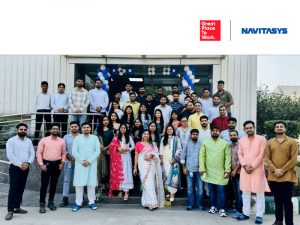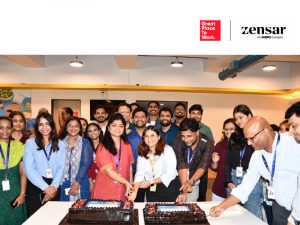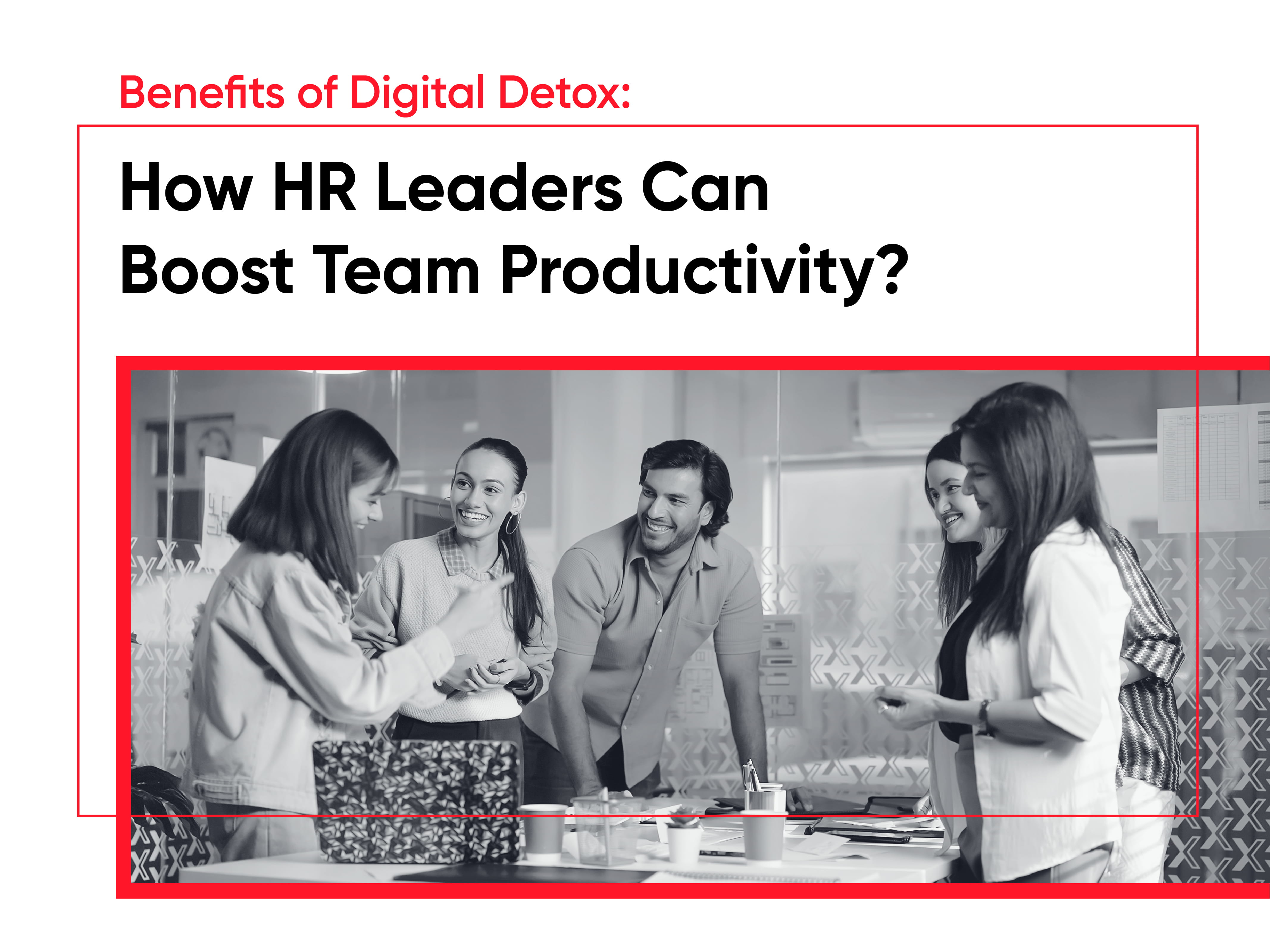The business landscape is in a significant transformation. Environmental, Social, and Governance (ESG) initiatives are no longer a mere regulatory requirement; they are now a fundamental value for many companies. At Great Place To Work® India, we firmly believe that the key to long-term success and true sustainability lies in creating a workplace that values all its employees.
From Policy to People: The Power of a “For All” Workplace Culture

ESG is often seen as a policy dictated by the government. However, the landscape is changing. We are witnessing a significant shift, with ESG evolving into a people-centric and workplace-driven necessity. Our research report supports this trend. Companies with a ‘For All’ workplace culture consistently outperform others on ESG scores by a substantial 8%. This underscores the importance of a culture that values diversity, equity, and inclusion as a strong foundation for sustainable initiatives.

The Employee Connection: Motivation and Brand Advocacy
Employees are not just cogs in the machine; they are the driving force behind an organization’s success. When workplaces actively contribute to society, it leads to a more motivated and brand-loyal workforce. Our ESG report establishes a direct link between employee experience and a company’s social impact. Employees who are proud of their company’s social impact are:
- 3.5 times more likely to say people look forward to coming to work.
- 3 times more likely to endorse the company as a great place to work.

This results in a happier, more engaged workforce that becomes vocal advocates for the company’s positive contributions.
Building a Sustainable Future: The Business Case for Great Workplaces
Creating a Great Place To Work isn’t solely about employee satisfaction; it unequivocally leads to higher stakeholder returns. A study by RSM India unveiled that Best Workplaces have generated an impressive 14X cumulative return on the initial investment since 2008-09. This underscores the tangible financial gain of prioritizing employee experience. Companies with a positive and empowering work environment witness increased productivity, reduced absenteeism, and lower employee turnover, all of which contribute to a healthier bottom line.
Beyond ESG Scores: The Power of Culture for Environmental Sustainability

Our data shows a nuanced trend within ESG performance. Top-ranked companies with a “For All” workplace culture show a 3Xdifferentiation in environmental scores compared to social aspects. This suggests that a strong culture fosters a deeper commitment to environmental responsibility within the organization.
A Culture of Sustainability: From Values to Everyday Actions
Building a sustainable future requires more than just grand pronouncements. A company culture that prioritizes sustainability translates into everyday behaviors and practices. Here are some ways a great workplace culture can empower employees to be environmentally responsible:
- Transparency and Education: Companies should be transparent about their environmental goals and provide employees with the necessary training and resources to understand how their actions contribute to broader sustainability efforts.
- Empowerment and Recognition: Encouraging employees to suggest and implement sustainable practices demonstrates trust and fosters a sense of ownership. Recognize and reward employees who champion sustainable initiatives within the organization.
- Leading by Example: Leadership is crucial in setting the tone. When senior management actively participates in and promotes sustainable practices, it sends a powerful message to the rest of the workforce.
Attracting and Retaining Talent for Sustainability Success
Companies with strong values and a positive culture are more likely to attract talent committed to making a positive impact. These employees are intrinsically motivated by the company’s mission and are likelier to stay with the organization long-term. A stable and engaged workforce is essential for sustainable growth, as employee turnover disrupts operations and hinders long-term planning.
Employee Engagement: Aligning Actions with Values for Sustainability
Creating a sustainable work environment goes beyond just recycling and energy-efficient lighting. A company culture that encourages sustainable behavior empowers employees to take actions that align with the company’s ESG goals and values. This could involve encouraging carpooling, reducing paper consumption, or participating in community clean-up efforts. When employees feel like their daily actions contribute to a larger purpose, it fosters a sense of ownership and commitment to sustainability initiatives.
Fostering Innovation for a Sustainable Future
A great workplace culture doesn’t just encourage adherence to existing sustainability practices; it fosters an environment where innovation thrives. Employees who feel valued, heard, and empowered are more likely to come up with creative solutions for tackling environmental challenges. Companies can create innovation labs or run internal competitions specifically focused on developing sustainable solutions, encouraging collaboration across departments, and leveraging the diverse skillsets of their workforce.
Building a Sustainable Supply Chain
A company’s commitment to sustainability extends beyond its own walls. Partnering with suppliers who share similar values is crucial for creating a truly sustainable ecosystem. Companies with a great workplace culture are more likely to prioritize ethical sourcing and fair labor practices throughout their supply chain. This not only strengthens their ESG profile but also fosters trust and loyalty with key partners.
Measuring Progress and Communicating Impact
Sustainability is a continuous journey, not a destination. It’s essential to track progress and measure the impact of your employee-driven sustainability initiatives. This data can be used to adjust strategies, celebrate successes, and keep employees engaged in the long term. Regularly communicate your sustainability goals and achievements to both employees and external stakeholders. Transparency builds trust and demonstrates your commitment to creating a positive impact.
The Future of Work: Sustainability as the Cornerstone of Success
The future of business belongs to companies that prioritize both environmental responsibility and social good. By creating great workplaces, companies can empower their employees to be sustainability champions, fostering innovation, collaboration, and a shared commitment to a better future. This approach not only benefits the environment and society at large but also creates a strong foundation for long-term financial success and a competitive edge in the evolving marketplace.










